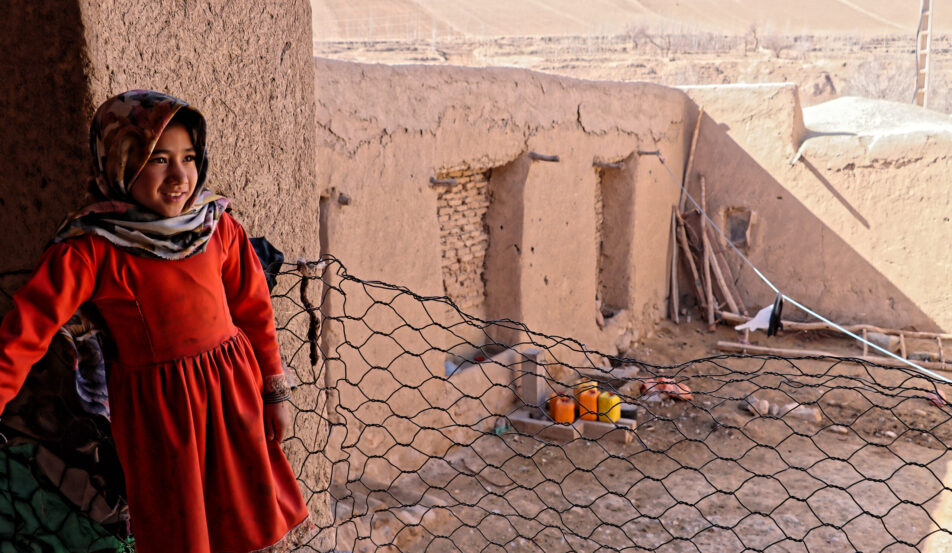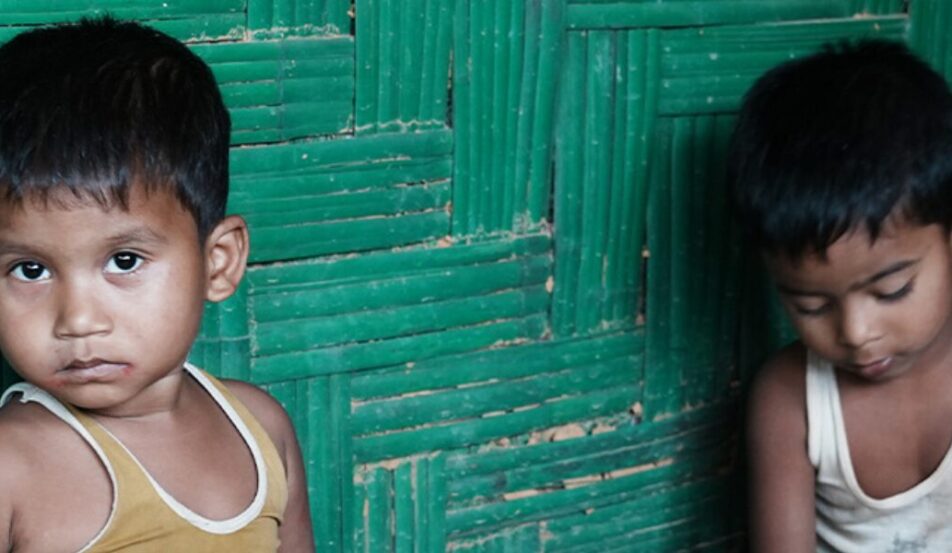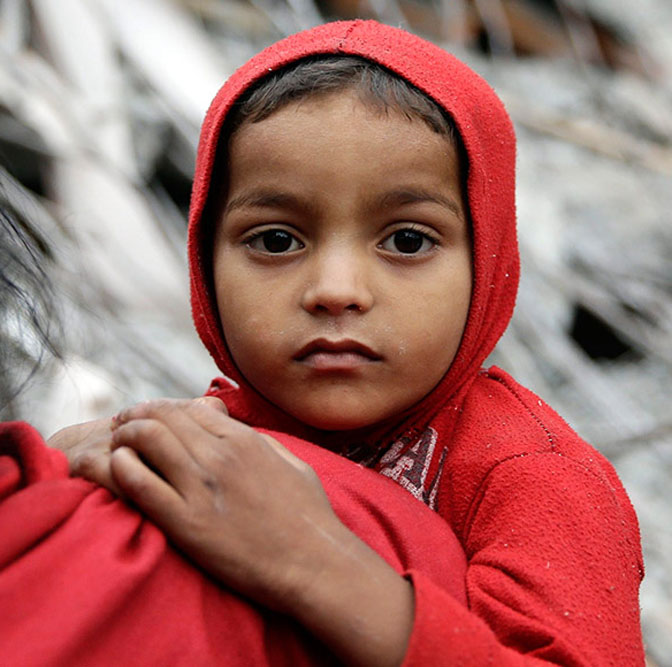Winter is worsening extreme hunger in Afghanistan
As Afghanistan edges closer to economic collapse and winter closes in, nearly half the population are facing extreme hunger. Nearly 19 million people living across 34 provinces are facing crisis or emergency levels of acute food insecurity.
Sixteen months after the Taliban took control of the country, political instability has crippled the economy and decades of drought have made it impossible to continue the agricultural and farming practices that once sustained communities.
Right now, nearly 4 million children are malnourished. Without urgent treatment and long-term support to access nutritious food, many of these children will die.
In the Herat province, almost 15 per cent of households are run by women, mostly single mothers, or widows, living with little to no income. It is common for husbands leave the home to find work or to be killed in political violence. With limited opportunities to work, this puts women-led households at particular risk of extreme hunger.
ChildFund Alliance member WeWorld is working in partnership with Rural Rehabilitation Association for Afghanistan, in Herat to provide women-led households with the cash so that they can buy the necessities they need to get them through the winter.
Winter in Herat is harsh. Temperatures will plummet below zero degrees Celsius and snow will blanket the towns.
The six-month long program has supported 180 vulnerable households with cash for food assistance. The project supported 1,260 people to access adequate nutrition.
In Herat, 95 per cent of households in the province said that they experienced days where they had no food at all. These cash transfers give families with flexibility and dignity, allowing them to decide and buy the food they need. It also allows them to access health care when they need it the most.
Over the course of the distribution, there were many challenges to overcome and WeWorld has had to find new ways of working in an everchanging political landscape.
Through the course of the project, they also learned that many women are not able to attend the distribution sessions because of caring duties in the home.
To address these challenges, WeWorld has developed a WhatsApp group to advise when they will be distributing cash so they can arrange caring duties for their children.
Emergency food assistance is another vital intervention to reduce malnutrition for those populations unable to cover their food cost needs. The cash provided to families will be enough for them to buy food and water and pay for health care for their children during the crisis.
With winter closing in we have 400 households to that we need to reach urgently and support to put food on the table. Learn more about how we’re supporting children and their families facing extreme hunger in Afghanistan.


































